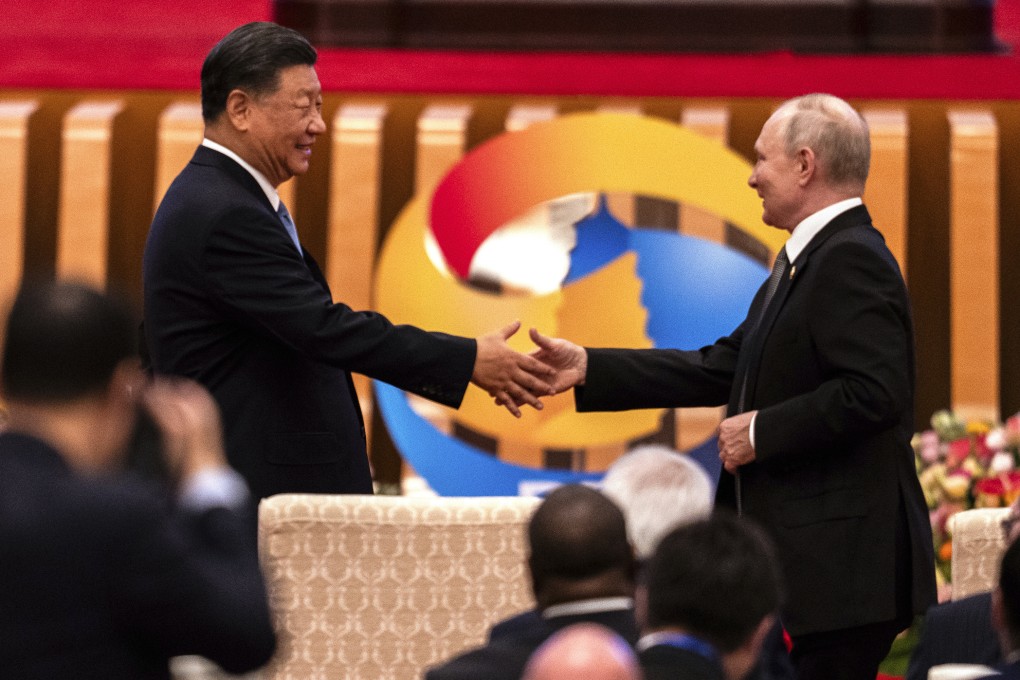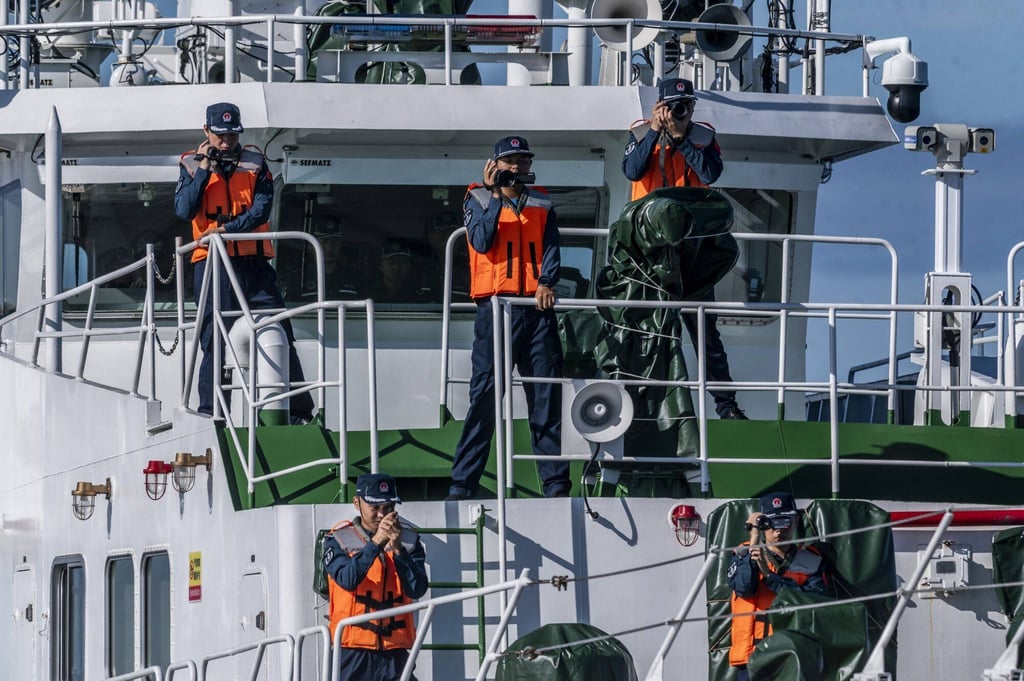Japan faces ‘nightmare scenario’ as growing Russia-China ties could threaten US-led order
- A Japanese security report warns that a contest between the US and a partnered China and Russia will ‘accelerate’ as Beijing, Moscow seek ‘non-democratic international order’
- While Japan must step up to secure its interests in the Indo-Pacific, Russia’s war in Ukraine and economic issues mean it can’t yet have a formal security alliance with China, an analyst says

Garren Mulloy, a professor of international relations at Daito Bunka University and a specialist in military issues, said the NIDS report echoed a number of recent white papers and studies in Japan in recent years, but was significant because “it has a greater degree of clarity regarding the non-benevolent characteristics of China and Russia in the modern world”.
Much of the report was focused on efforts by both Moscow and Beijing to undermine and ultimately upset the current world order, Mulloy said, with this now identifiable as an “approach that is more coordinated than in the past to change the extant rules-based order”.
According to the report, the two leaders shared a “common strategic goal” of creating a parallel international order, “based on the fundamental values of freedom and democracy”.
